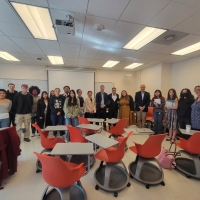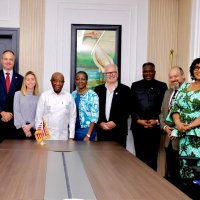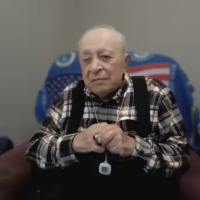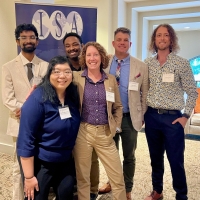Update on Africa: Global Journalists Share Their Insights
The massive continent of Africa is home to some of the world’s oldest civilizations, greatest natural resources, fastest growing economies, and largest youth populations. More access to technology and growing demands for a seat at the global table are contributing to the way many African countries are challenging a legacy of Western colonization and domination. And yet, Africans continue to suffer the devastating impacts of that legacy in the form of climate change, ongoing poverty, and internal conflicts.
Last month, on September 26, 2023, three Africa-based correspondents joined San Francisco State University’s International Relations and Journalism students for an online panel discussion about current affairs across the continent. During their 90-minute presentation, the journalists shared their thoughts on the African Union’s new role as a member of the G-20, moving from being an exporter of raw materials to greater ownership of the means of sustainable production. They also considered what’s fueling the recent wave of coups in Africa’s Sahel region and what interests historic superpowers such as Russia, China, the United States, and France might have in these countries.
Toward the end of the discussion, students were encouraged to ask questions, and several wanted to know what helps the reporters stay hopeful in a challenging landscape.
“I have done stories that influence policy. I like to do stories — and I have done stories — that effect change, that make policymakers scratch their heads, that make governments think.”
—Douglas Okwatch
“I have done stories that influence policy. I like to do stories — and I have done stories — that effect change, that make policymakers scratch their heads, that make governments think,” said Douglas Okwatch, a veteran Kenyan investigative reporter who now serves as China Global Television Network’s Africa Affairs editor. “I like to do stories that (make) everybody want to hide under the table.”

Ruud Elmendorp, a multimedia journalist of Dutch and French descent who covers African affairs for Al Jazeera, Voice of America, Deutsche Welle Radio, and the Dutch newspaper De Telegraaf, said that during his two decades on the continent, he’s taken inspiration from the African people’s resilience. The emergence of smart phones with cameras allowed him to engage sources as citizen journalists in areas he’s unable to access. He has also come to appreciate how Africans in the most challenging of situations have a huge capacity to focus on one of life’s most precious gifts: human relationships.
“One of my most favorite parts of my job is just the interaction with the people I am reporting on just to sit in a refugee camp, for example, and have a discussion about life with a cup of milk — maybe from a camel,” he said. “Just sitting there and then sharing that. I will tell my story as well because if I tell my story, I get more return from the person I'm talking to.”
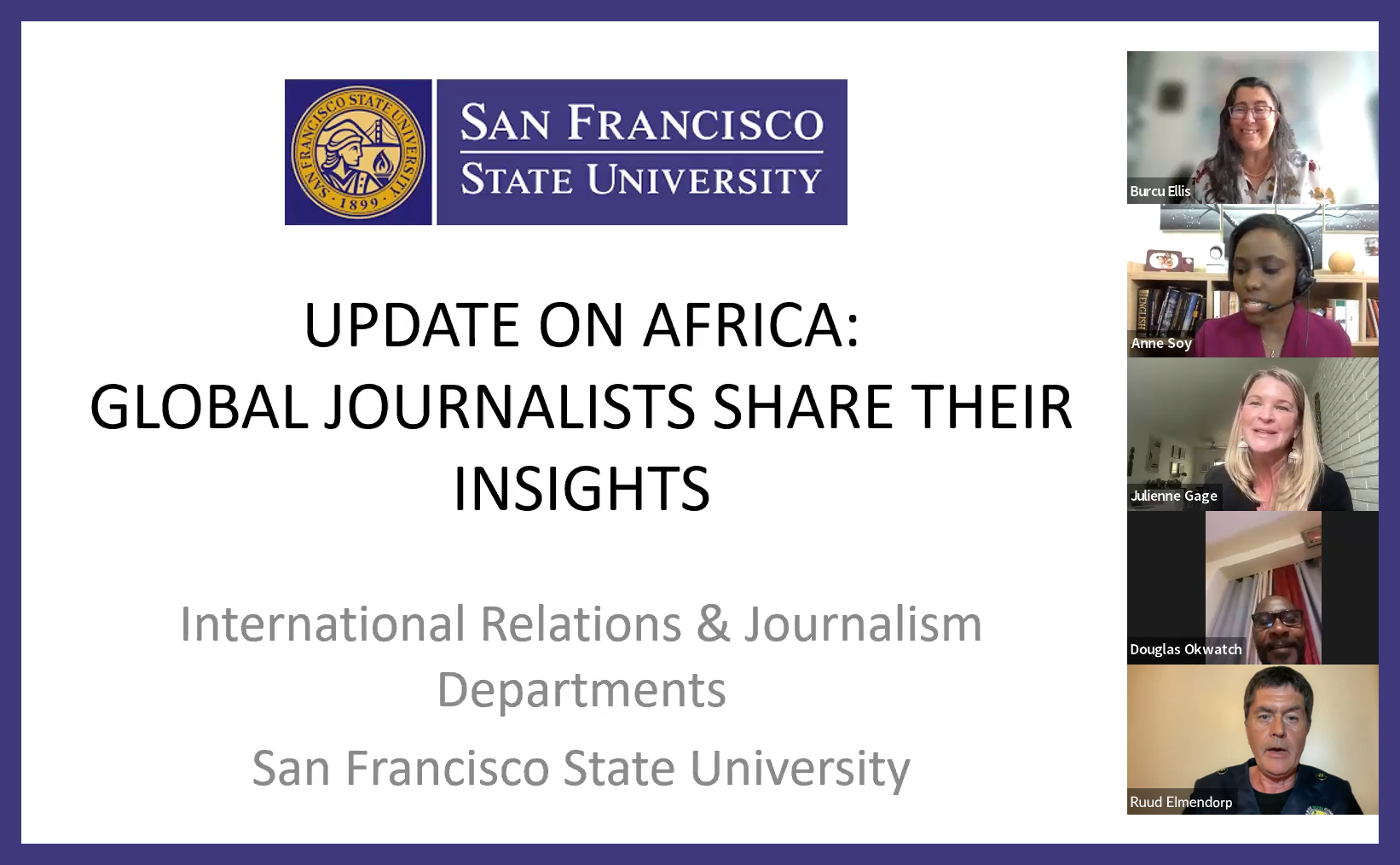
Longtime Kenyan journalist and public health expert Anne Soy, who serves as BBC’s deputy editor and senior Africa correspondent, said on the hardest days, she just focuses on how her story might change one life. But she’s also inspired by how the BBC has been working to improve on its storytelling impact by hiring more diverse reporters. This has given African journalists like herself a greater say in the issues that affect their communities, while collaborating with and bouncing ideas off colleagues from other parts of the world.
“It’s about diversity, and for me, from where I sit, it’s not replacing what we have had before because then it’s not diversity,” she said, adding that outsiders — be they people with no ties to the continent or people whose relatives hail from the continent but raised them somewhere else — all bring unique perspectives that she can balance with her own. “Coming from outside, you may not have that local knowledge. That is what I bring into this story, and therefore, at the end of the day, we have this multiplicity of ideas. I think it really works, and it really serves our audiences well.”
Watch the full recording on Zoom. The password is: REa1F$X@
